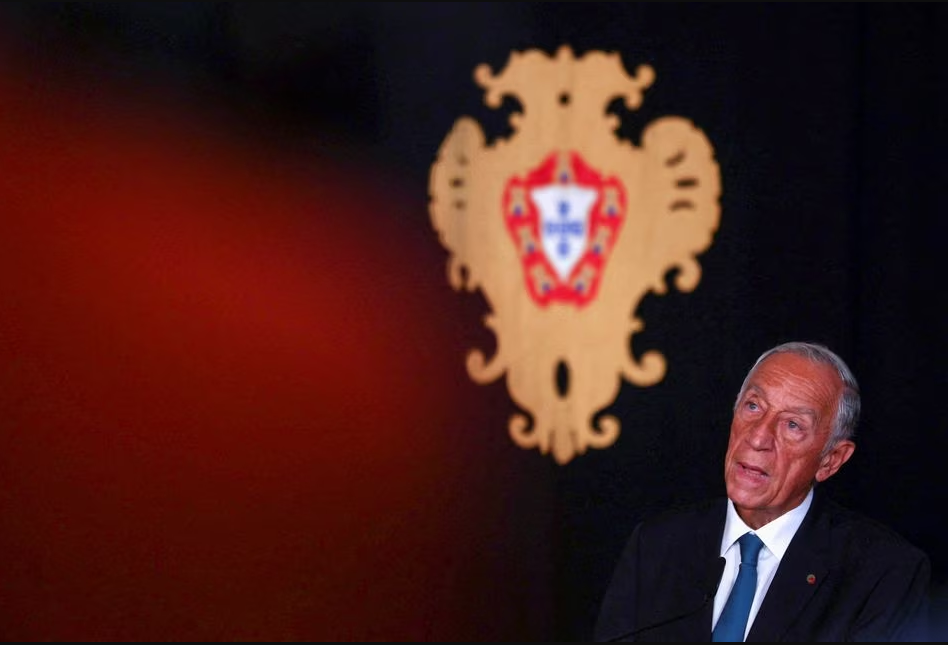LISBON - Portugal's President Marcelo Rebelo de Sousa said on Tuesday his country should apologise and take responsibility for its role in the transatlantic slave trade, the first time a leader of the southern European nation has suggested such a national apology.
From the 15th to the 19th century, 6 million Africans were kidnapped and forcibly transported across the Atlantic by Portuguese vessels and sold into slavery, primarily to Brazil.
But so far Portugal has rarely commented on its past and little is taught about its role in slavery in schools.
Rather, the country's colonial era, which saw countries including Angola, Mozambique, Brazil, Cape Verde, East Timor as well as parts of India subjected to Portuguese rule, is often perceived as a source of pride by most Portuguese.
Speaking at Portugal's annual commemoration of the 1974 "Carnation" revolution, which toppled the country's dictatorship, Rebelo de Sousa said the country should go beyond just an apology, though he did not offer up any specifics.
"Apologising is sometimes the easiest thing to do: you apologise, turn your back, and the job is done," he said, adding the country should "assume responsibility" for its past to build a better future.
Paula Cardoso, founder of the Afrolink online platform for Black professionals in Portugal, said Rebelo de Sousa's remarks were "symbolic" but important as they brought the issue to the table.
"(But) I would have liked to hear something more concrete from the president," Cardoso told Reuters. "To have some impact, these reflections...have to be accompanied by measures and commitments."
Reparations and public policies to fight inequalities caused by Portugal's past were essential, Cardoso said.
Rebelo de Sousa made the remarks after Brazilian President Luiz Inacio Lula da Silva, who was in Portugal on his first visit to Europe since assuming the office, addressed the Portuguese parliament. Brazil gained independence from Portugal in 1822.
He said the colonisation of Brazil also had positive factors, such as the spread of Portuguese language and culture.
"(But) on the bad side, the exploitation of Indigenous people...slavery, the sacrifice of the interests of Brazil and Brazilians," he said.
Brazil's human rights minister, Silvio Almeida, said Rebelo de Sousa took an "extremely important" step.
"We continue to suffer in Brazil the effects of a legacy of slavery," Almeida said in a statement. "Recognising the exploitation of millions of enslaved people for more than 300 years is a step towards moving towards a less unequal society."
Europe's top human rights group previously said Portugal had do more to confront its colonial past and role in the transatlantic slave trade in order to help fight racism and discrimination today.




















































